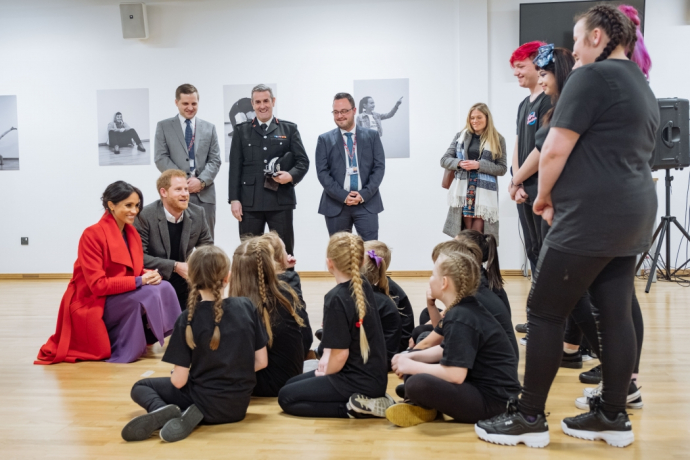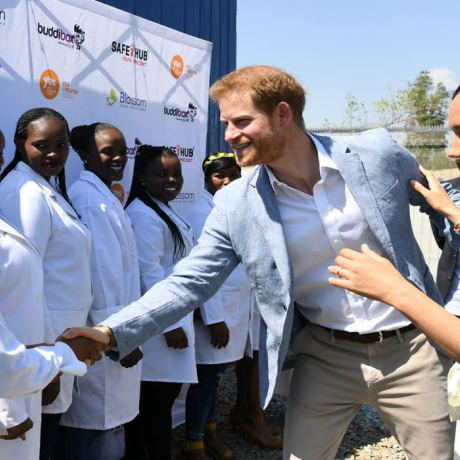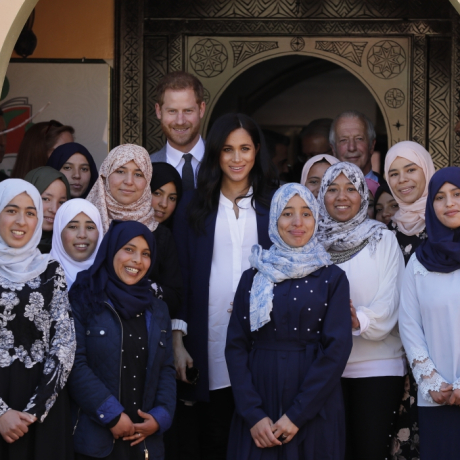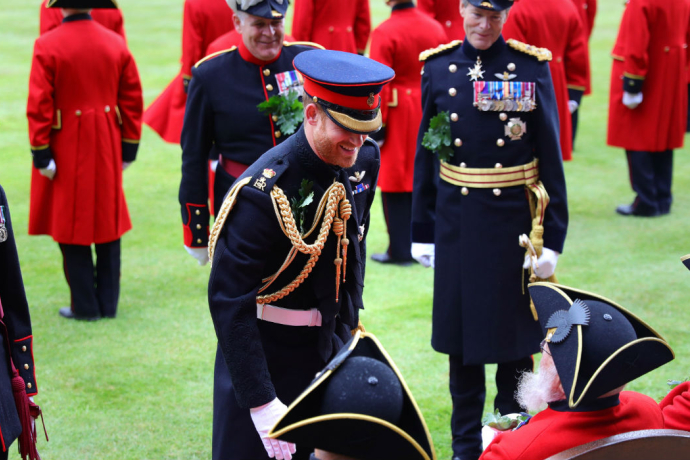Search: sussex
The Duke and Duchess of Sussex

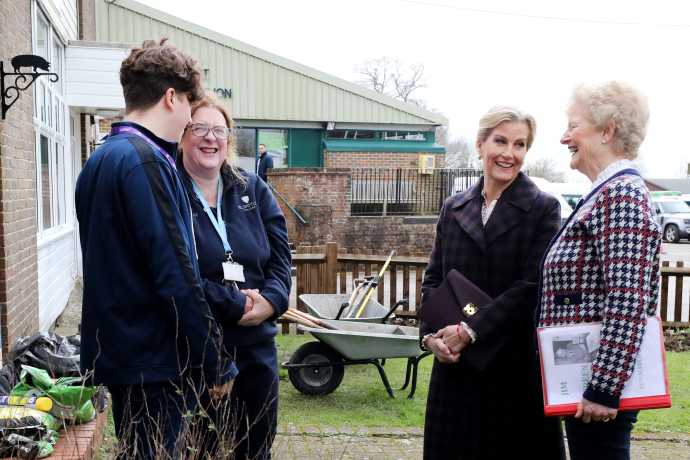
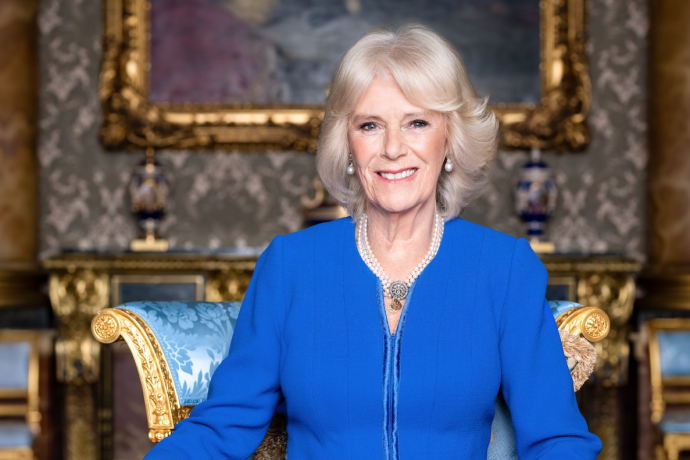
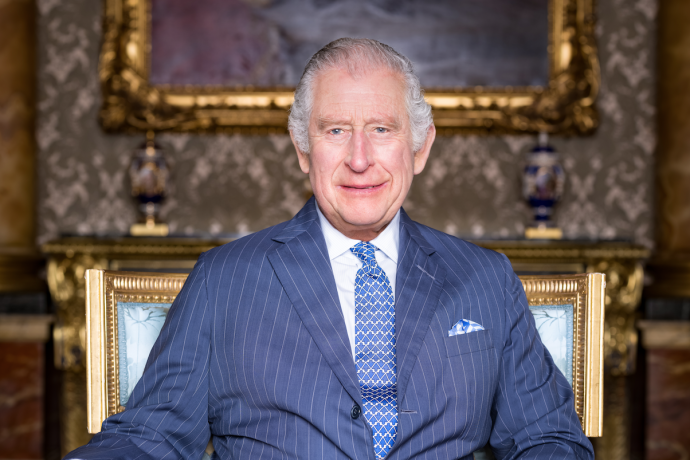
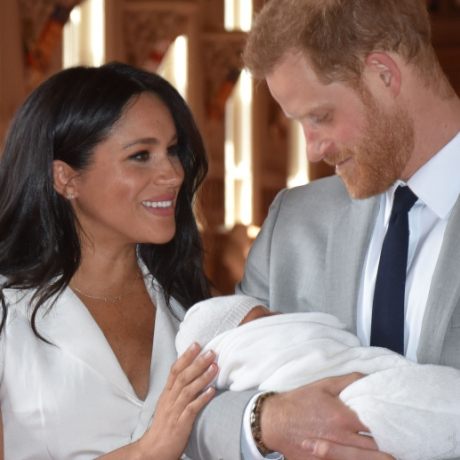
The Duke and Duchess of Sussex's visit to Australia, Fiji, Tonga and New Zealand
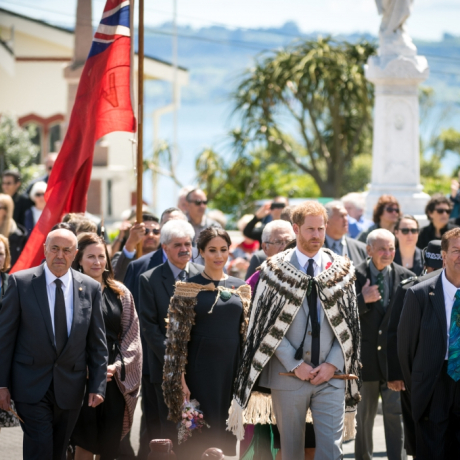
Buckingham Palace statement on The Duke and Duchess of Sussex
Statement on discussions with The Duke and Duchess of Sussex
The Duke of Sussex hosts The Rugby League World Cup Draw live from Buckingham Palace
16 January 2020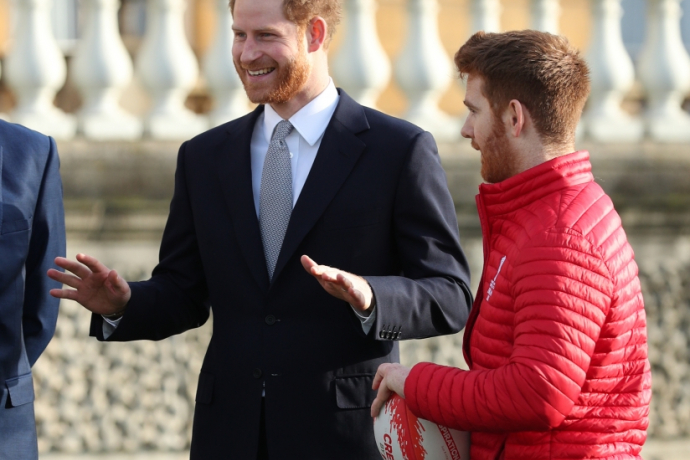
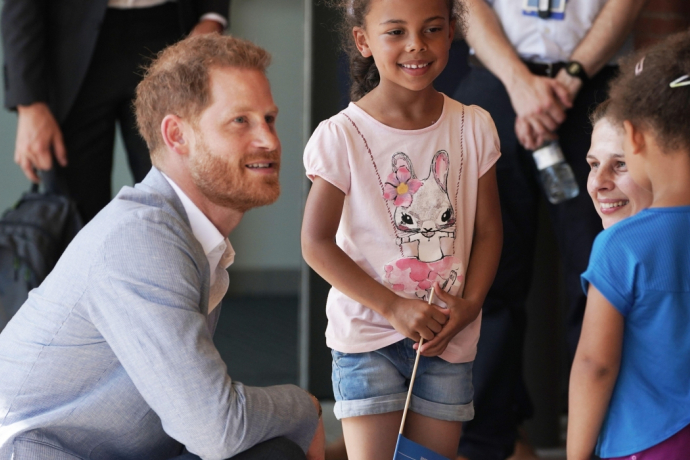
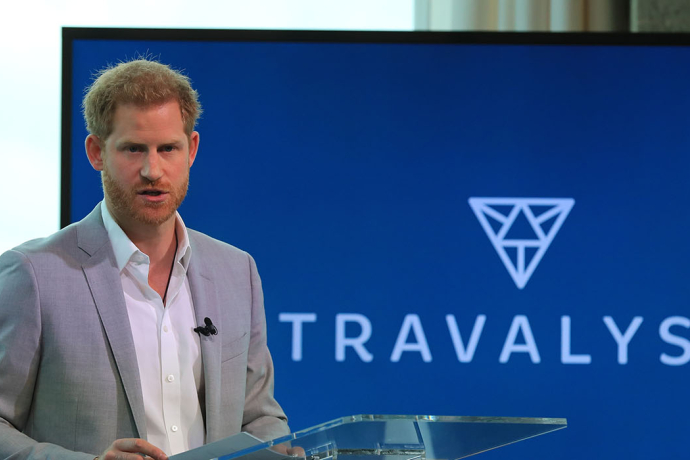
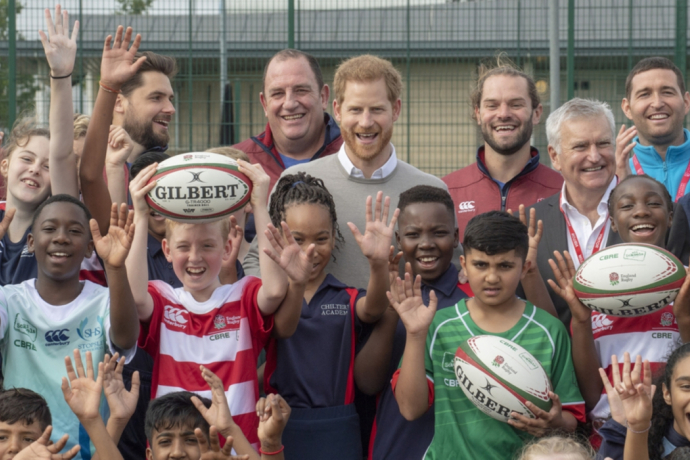
Remarks made by Her Royal Highness The Duchess of Sussex at the Youth Employment Services, Johannesburg
There’s so much ingenuity here, there’s so much promise here, that given the right level of support and resources that you need, the potential is astronomical, and you can see...
The Duchess of Sussex launches the Smart Set Capsule Collection for Smart Works
12 September 2019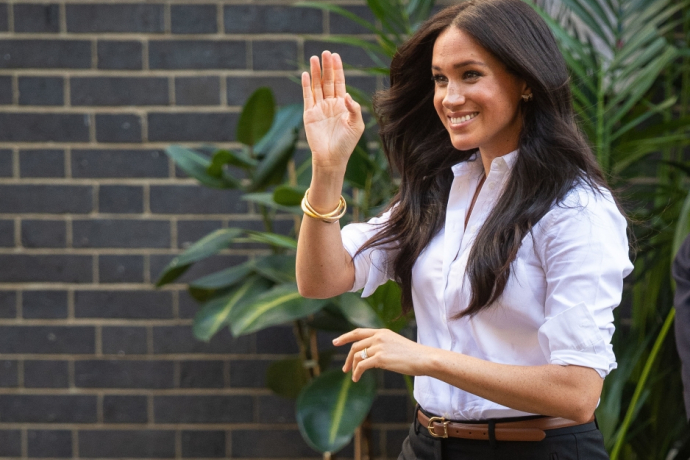
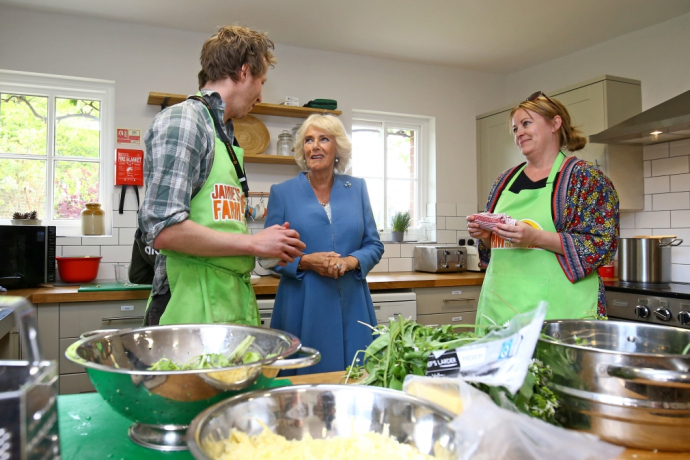
A speech delivered by The Duchess of Sussex at the launch of the Smart Works capsule collection in London
As women, it is one hundred percent our responsibility, I think, to support and uplift each other
The Duke and Duchess of Sussex's Baby | Gifts and Charitable Donations
The Duke of Sussex's speech at the WellChild Awards 2019
Each of you, through your heartfelt commitments, make it possible for these and other children to live the life that they deserve – at home, with their families
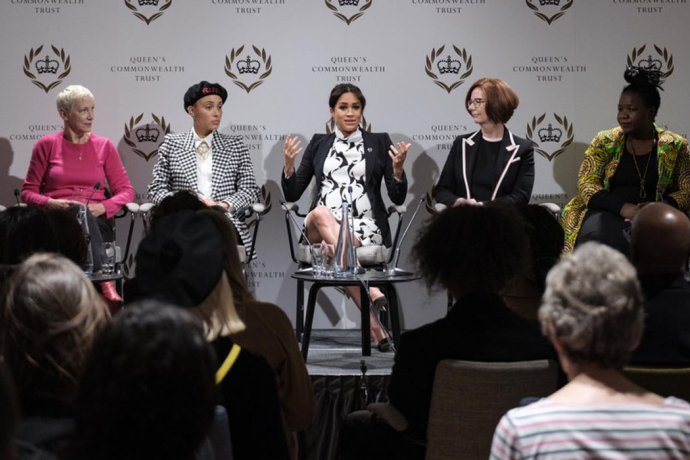
A speech by The Duke of Sussex at the OnSide Awards at the Royal Albert Hall
It’s because of all of your efforts that 50,000 young people are getting access to such amazing experiences every single year.
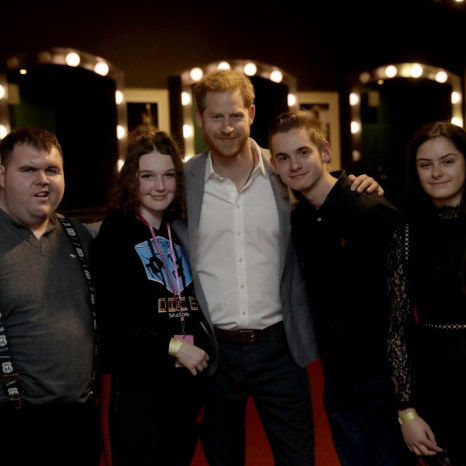
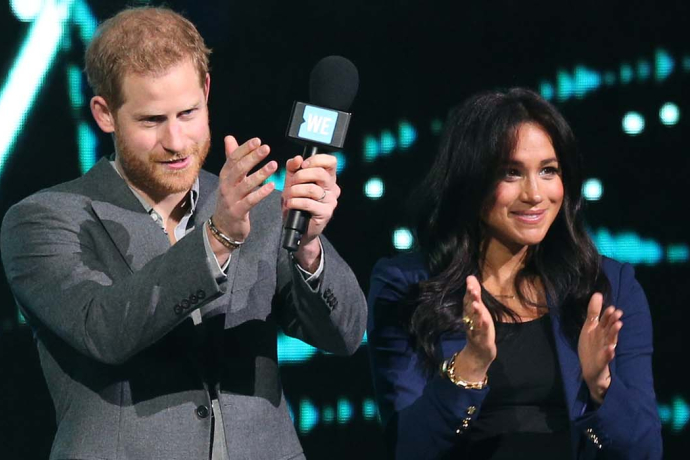
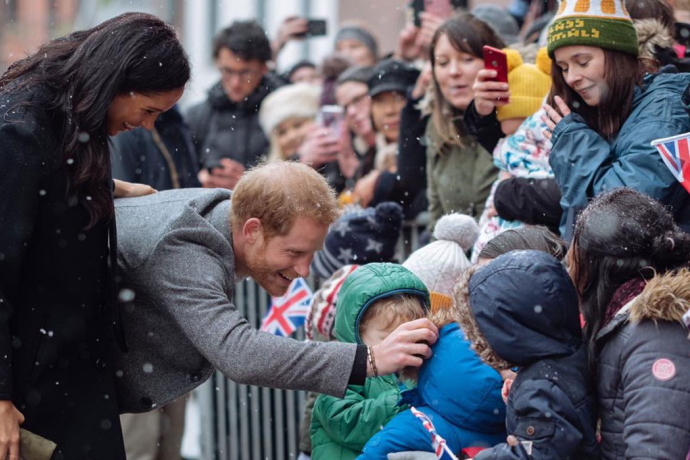
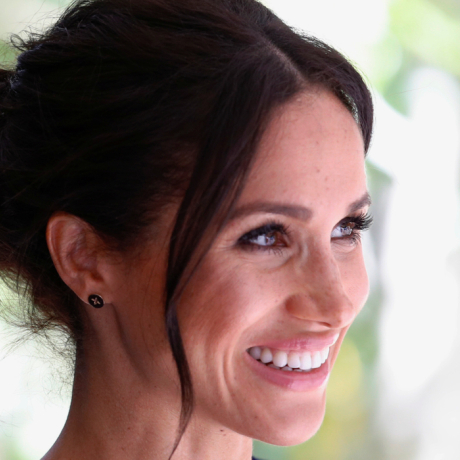
The Duke and Duchess of Cambridge and The Duke and Duchess of Sussex launch Shout
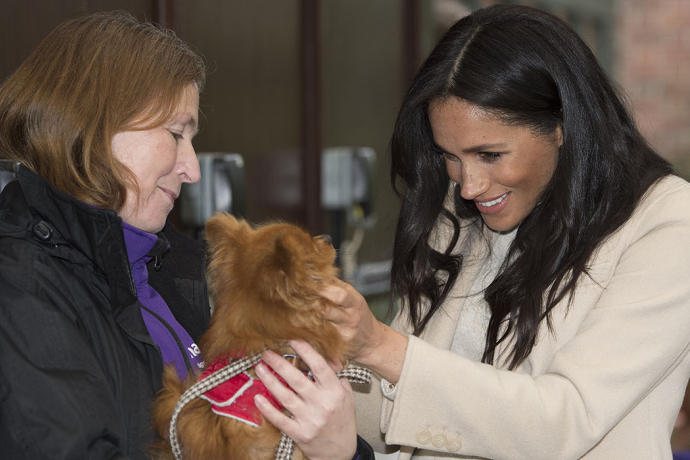
A speech delivered by The Duke of Sussex at the Youth Employment Services, Johannesburg
In my role as The Queen’s Commonwealth Youth Ambassador, I am so incredibly fortunate to meet young people who are determined to make a real difference and make their mark on...
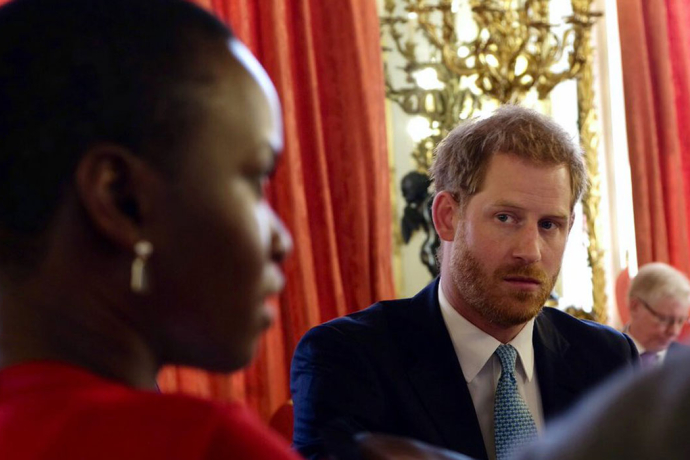
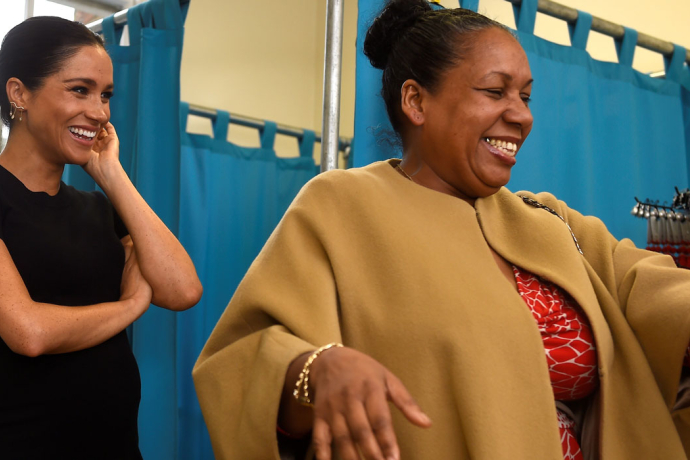

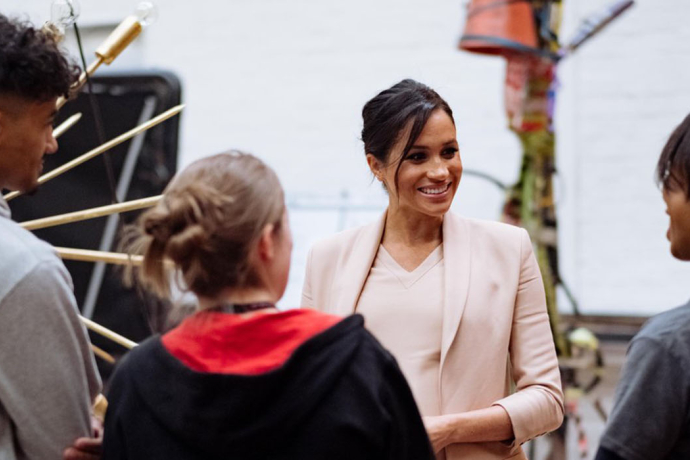
The Duke of Sussex's speech at the launch of Travalyst in Amsterdam
We have the opportunity to address this tourism paradox and turn one of the world’s biggest problems into one of its greatest solutions
A speech delivered by The Duke of Sussex at a HALO Trust minefield, Dirico, Angola
Landmines are an unhealed scar of war. By clearing the landmines, we can help this community find peace, and with peace comes opportunity.
A speech delivered by The Duchess of Sussex at the Creative Industries and Business Reception, Johannesburg
At our visit this earlier this morning I was struck by a small sign that was posted on the wall for the female entrepreneurs – and it said: “visualize your highest self, and...
A speech delivered by The Duke of Sussex at The Queen’s Commonwealth Canopy Dedication in Malawi
As The Queen’s Commonwealth Youth Ambassador, I am particularly proud of how this programme will create a physical legacy of Her Majesty’s leadership of the Commonwealth - not...
A speech by The Duke of Sussex at a visit to the Justice Desk, Cape Town, South Africa
We are so incredibly grateful to be able to listen and learn from you about the issues that define your daily lives in these communities. And that’s what this is, a community.
The Duke of Sussex's speech at WE Day UK
To be amongst all of you progressive, motivated, open minded, change-makers, is what gives me hope for the future
A speech by The Duke of Sussex at the visit to The Princess Diana Orthopaedic Centre, Huambo, Angola
I am humbled and honoured that my mother’s work and commitment to demining continues to inspire and that her legacy is being recognised and celebrated today with the naming of...
A speech by The Duke of Sussex at the Invictus Games Foundation 5th anniversary event
I think for me this has always been about the competitors and their families. What they represent, the strength and determination, the grit, every part of it.
A speech delivered by The Duchess of Sussex at the visit to The Justice Desk, Nyanga Township, South Africa
You have welcomed us into this community, have been open and honest with us, both about the dangers women and children face, and about how you are addressing them.
